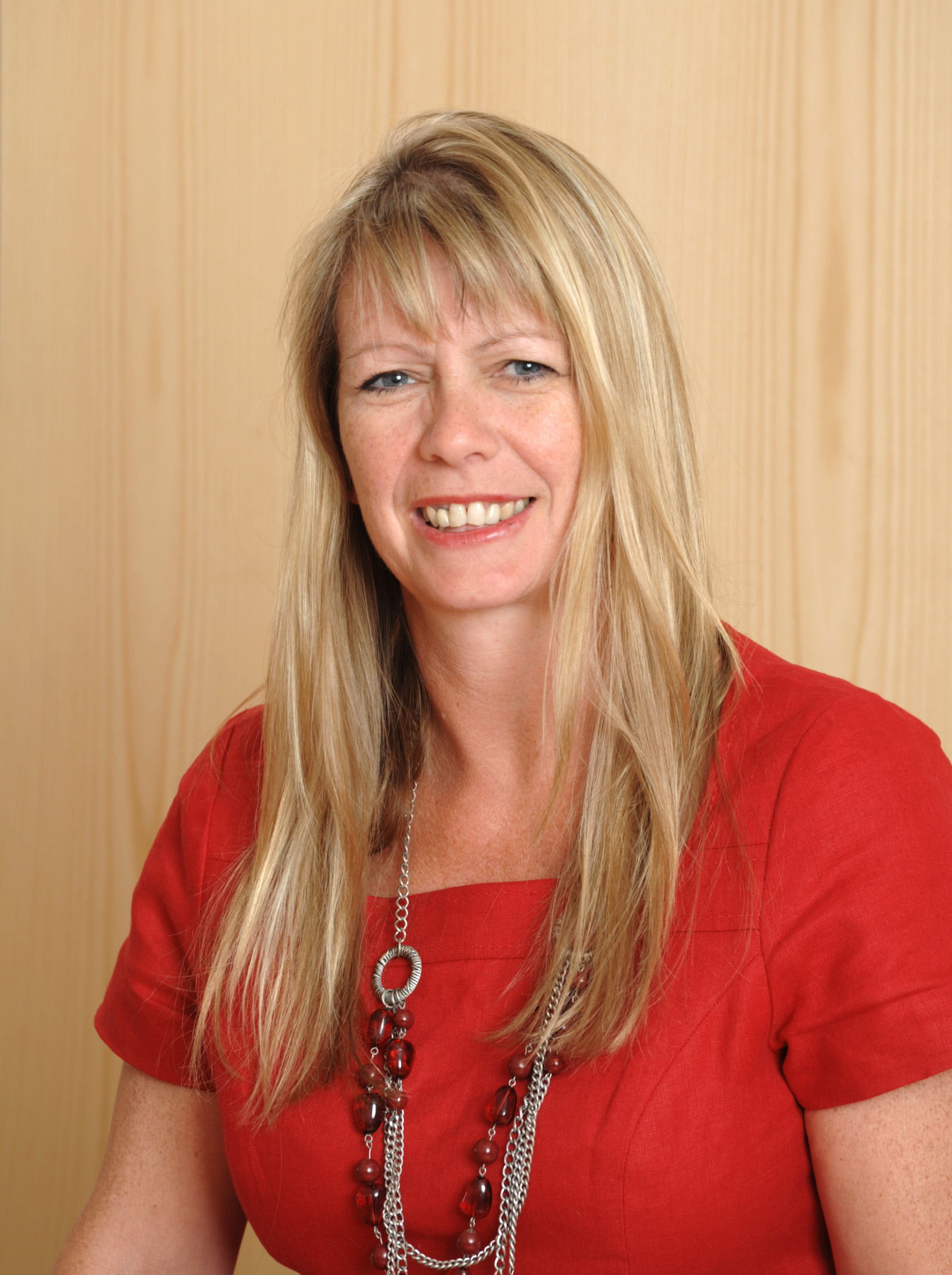Untold Banking #5: Tough at the top – lessons on leadership
Life as a third sector boss can be stressful and lonely – it’s hard enough to keep going let alone focus on strategy or innovation. Pat Armstrong OBE, Chief Executive of ACOSVO – a long-term partner of RBS/NatWest Social & Community Capital – shares her learning on how to support current and future leaders.

As chief executive of ACOSVO (the Association of Chief Officers of Scottish Voluntary Organisations), I’m often asked what are the main opportunities and challenges of third sector leadership.
It starts with the reason we were set up – it can be lonely at the top. ACOSVO is about excellent third sector leadership in Scotland and we do that through peer support, good practice sharing and leadership development.
We’ve recently heard third sector leadership likened to juggling while riding a unicycle; multitasking, keeping all the balls in the air while steering in the right direction – and the stress often comes when all the attention goes on one of the balls that have been dropped – not the six you still have in the air and the fact that the unicycle is still upright.
The stress often comes when all the attention goes on one of the balls that have been dropped – not the six you still have in the air and the fact that the unicycle is still upright.
One of the challenges we have is the pull to work IN the business rather than ON the business – when budgets are tight and resources stretched, keeping the organisation alive (and thus being able to make a difference to the communities you are there to support) becomes the day-to-day challenge and the chance to step back, plan for the future and try new things becomes a luxury we are ill able to afford. A recent study showed that on average third sector leaders work “three months of the year for free”, working roughly 10 unpaid hours per week. Therefore the risk of burnout is huge and the need to find ways to build resilience and find new ways of working is ever important.
This can mean the top job doesn’t look particularly attractive to the next generation of leaders. They may not always see the passion behind the role or the rewards of getting the job done. I have the privilege of working with over 500 third sector leaders across Scotland – all amazing, inspiring leaders trying to make a difference. But has our passion become a rod for our own backs? We head off on holiday, mobiles tightly gripped, with the farewell of “just give me a call if any problems” or “I’ll keep an eye on emails if you need me”. Twenty years ago our senior staff would be left to take responsibility, make decisions and feel what it’s like for the buck to stop – we’re depriving them of that learning experience.
Studies have shown that around 50% of third sector leaders are planning to leave or retire in the next five years. This has led to ACOSVO working to a “leadership lifecycle” model, looking at all stages in the leadership journey. Those moving on don’t want to lose their networks and we don’t want to lose their skills and expertise in the sector. We now look at supporting the next generation of leaders, those currently in role, those moving on from the role – and those in governance roles. Leadership at all levels and at all points in the journey.
Third sector leaders work 'three months of the year for free' – 10 unpaid hours per week. The risk of burnout is huge and the need to find ways to build resilience is ever important.
I’ve also been exploring Julia Middleton’s work on CQ (cultural intelligence) – how we lead across boundaries, sectors, cultures and beliefs. One of the ways we do this is through a leadership exchange programme. Matching leaders across public, private and third sectors gives the opportunity to learn across boundaries, build relationships, act as conduits between sectors and build partnerships on a strong footing of understanding and empathy.
ACOSVO will be 20 in 2020 so, like RBS/NatWest Social & Community Capital, it’s a good time to reflect on what we have learned, what future direction best serves our members, and how do we best support leaders at all stages in their journeys.
As we head towards our 20th year, it also gives us a chance to reflect on the relationships built and the partners we have worked with on the way. RBS/NatWest Social & Community Capital has been one such partner – from joint events and exchanges, to learning opportunities and cross organisation connections, it’s a great example of how we can help each other achieve our goals – and learn from each other on the journey.
Here’s to another 20 years of working in partnership for us both.
This article is part of a sponsored partnership with NatWest Social & Community Capital.
